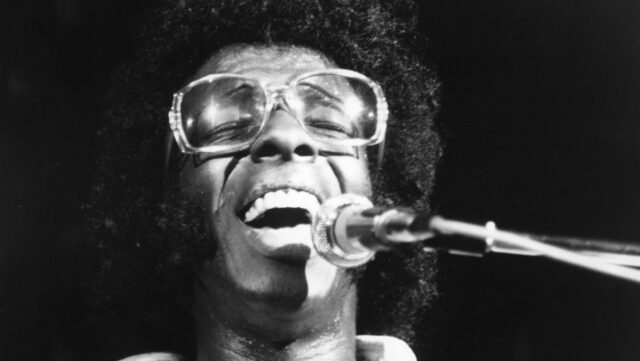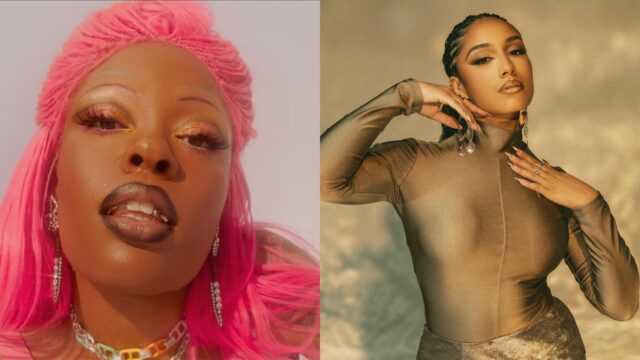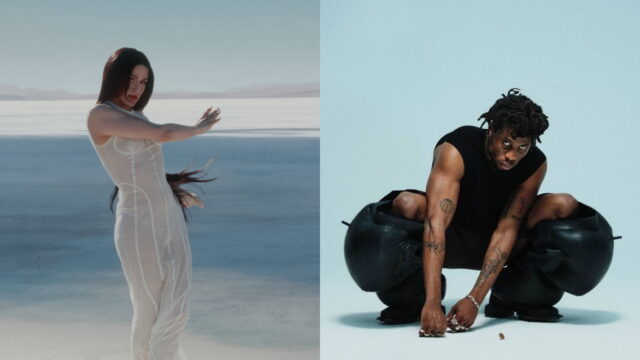Finding Your Sound: Charlie Hunter and Ella Feingold
With a new duo album out, the guitarists explain why they prize “time, feel and space” over solos.
by Brad Farberman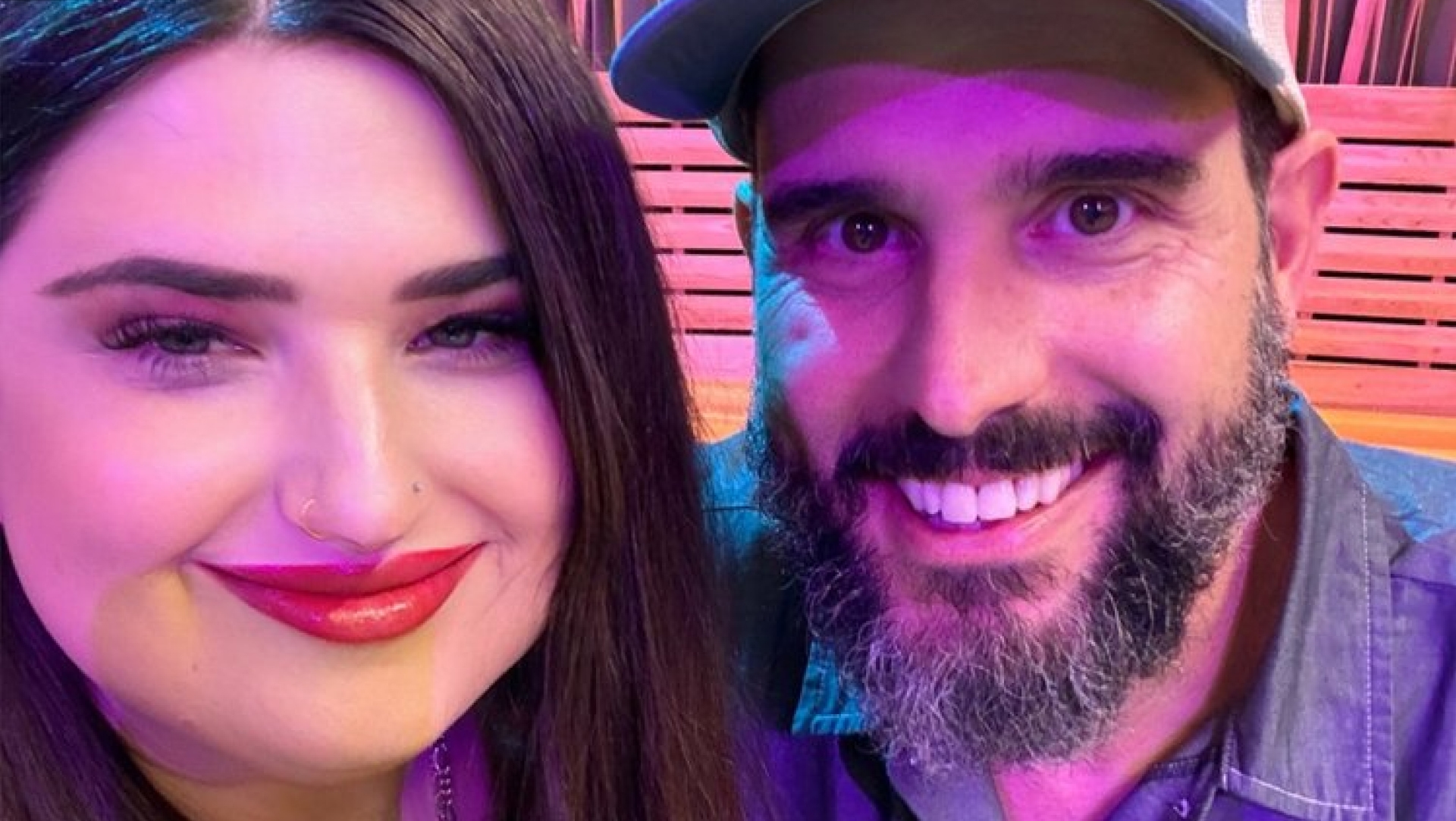
“There’s Still a Riot Goin’ On,” the opening track off the new collaborative album from guitarists Charlie Hunter and Ella Feingold, was inspired by the 1971 Sly and the Family Stone song “Thank You for Talkin’ to Me, Africa.” (Hunter and Feingold’s LP is called Different Strokes for Different Folks — another Sly reference.) But when they got together to record the song, the map ended there.
“I was like, ‘Man, Charlie, it just feels strong and colorful, almost like a funk AC/DC riff, but I don’t have anything else,’” remembers Feingold. “And he’s like, ‘Just go down a half step.’ And I was like, ‘Well, what are we gonna play?’ He’s like, ‘Eh, whatever, we’ll figure it out.”
And they did. Different Strokes hits a very defined note — Hunter and Feingold call it “minimalist funk.” Two guitars (Hunter’s hybrid delivers the bass as well), Hunter’s overdubbed drums and the “sketches” they both brought in. That’s it. In the music, which ranges from the astoundingly funky to the sensitive and contemplative, “you can hear our record collection,” says Feingold. But you can also hear the sound of their collective experiences — Hunter recorded for Blue Note and made prominent appearances on D’Angelo’s Voodoo; Feingold works with Erykah Badu and played on the Grammy-winning Silk Sonic hit “Leave the Door Open.” Notably, too, for a guitar-centric album, there are no solos — Hunter and Feingold intuitively decided to let the rhythm do all the work.
“It’s almost like free funk, in a way,” says Hunter. “But the whole thing about it is it’s all about time, feel and space, as opposed to what we’re taught or we think of. Especially in the guitar universe, we’re taught to think of improvisation as, ‘Let me fit as much shit over this one bar as possible because this is the vocabulary I’m working with. And these scales work over these chords, and then I’m gonna go through the changes.’”
The pair met many years ago, but reconnected more recently, and found themselves to be “kindred spirits in terms of musical values,” says Feingold. Hunter floated the idea of making an album together and, two years later, it became a reality with Soulive’s Alan Evans behind the console. The four-day session was heavily spontaneous — merely “the conversation that took place,” explains Feingold. When I ask if that sort of exchange is lacking in music today, Feingold explains that it’s a general problem, too.
“Honestly, just in life, we’re just not talking to each other,” says Feingold. “Not to get deep, but yeah, there’s just a lot of people not wanting to talk to each other. Charlie and I, it’s fortunate because we’re friends, and we’ve been talking on the phone, so it’s like, yeah, how would this come out with our instruments? I feel like in life and music, there isn’t a lot of talking back and forth. There isn’t a lot of listening.”
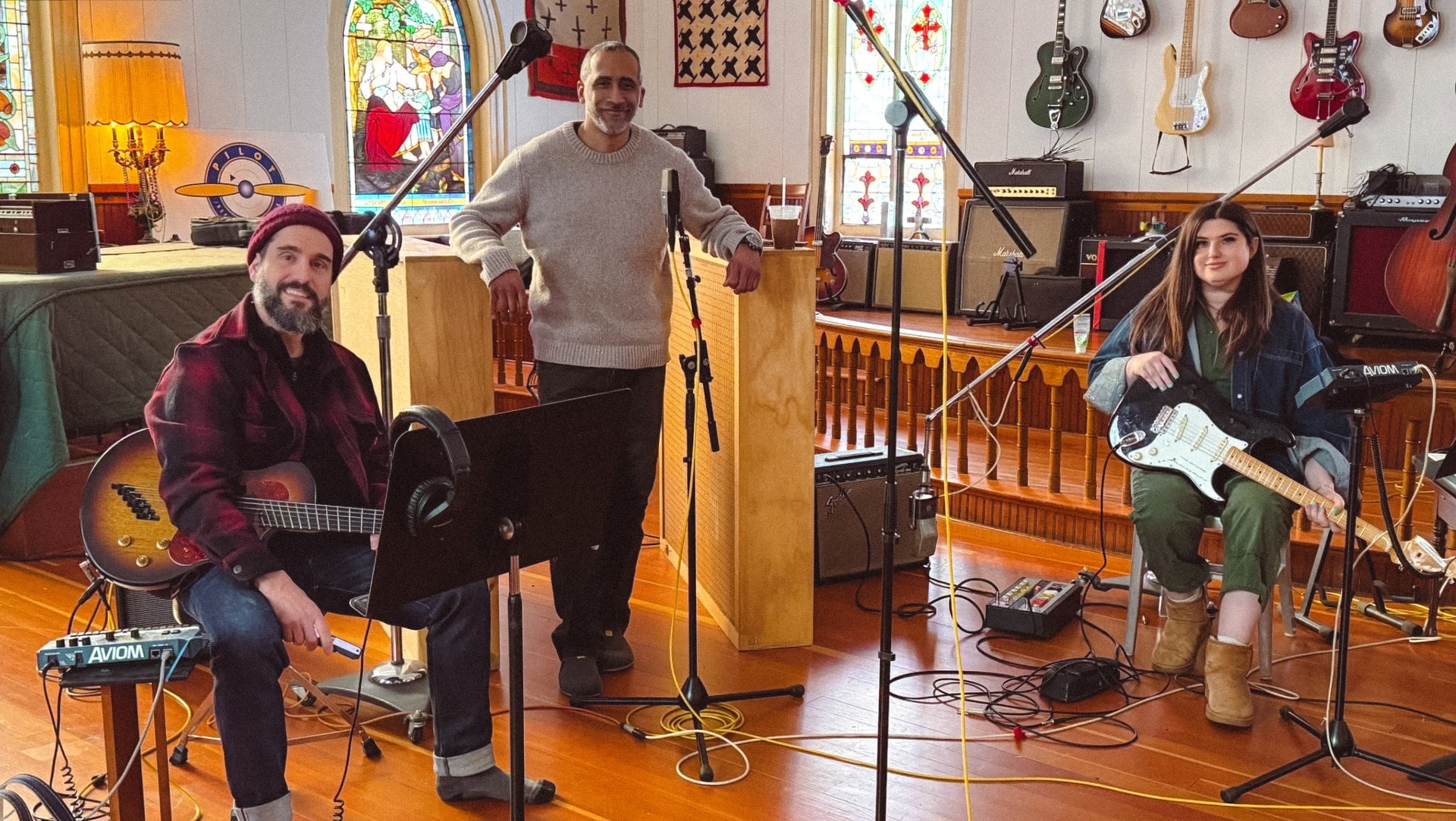
The soulful ballad “Shirley Chisholm,” featuring Hunter on brushes, is named for the United States’ first Black congresswoman. Feingold was searching for a woman who would fit the spirit of the song, and Hunter had the perfect idea.
“With ‘Shirley,’ it was just kind of like, we didn’t have titles for any of this stuff when we were working,” remembers Feingold. “It was just literally random titles, and I said to Charlie, I’m like, ‘You know, this song just feels very maternal, feminine, but just very strong. And I was like, ‘Who’s somebody …,’ and you were just like, ‘Shirley Chisholm.’”
The pensive but beautiful “Feel No Shame for Who You Are” takes its title from the lyrics to Jeff Buckley’s “New Year’s Prayer.” Feingold, who is trans, was in a state of anxiety after Donald Trump started his second term, and these harmonies brought her solace.
“For me, the record almost didn’t get made,” says Feingold. “Because it was right after the inauguration, and I was just having night terrors of, like, people coming for me. Because of who I am. You can leave it at that. So that song came about, it was just me on the couch, like, feeling terrified, like they’re coming for me. And just kind of wrote some chords that sort of soothed me. We recorded it, and I just always loved that title ’cause it always comforted me, you know? I think his line was ‘feel no shame for what you are.’ But it was just a beautiful, like, permission to be yourself. And I thought, you know, I wanted to include that.”
It’s worth noting that Different Strokes was almost something more than a duo project. Drummers were considered — both Questlove and Steve Jordan said they would do it — but ultimately it was decided that the addition would change the dynamic of the music too much. The album is all about two guitars — nothing more, nothing less.
“We’re like, ‘I don’t think it’s a trio record like that,’” says Feingold. “Like, how can it be — and I don’t know if we discussed this — but what I was sort of thinking is like, ‘How can the drums feel good, but not be the biggest part of the conversation, like Charlie and I are?’”
